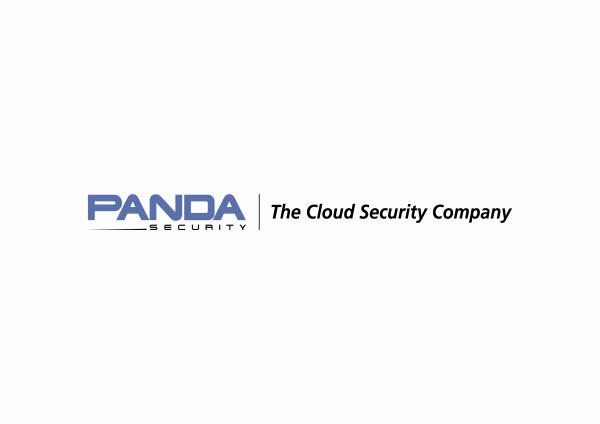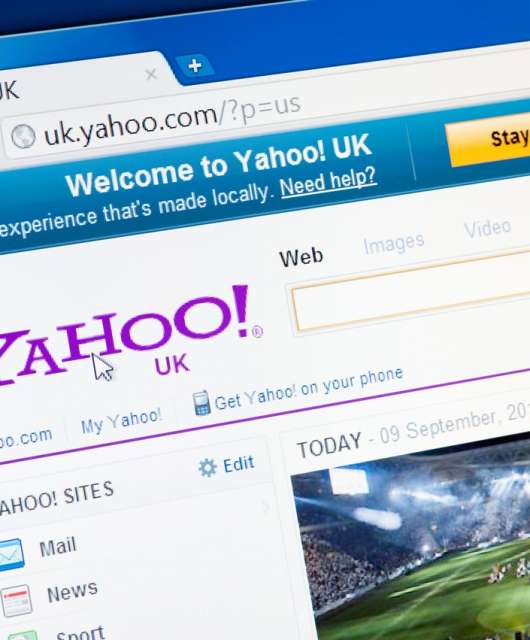 It is increasingly common for employees to use their personal technological devices to complete job-related work, whether it is responding to a corporate email from their Smartphone, managing a client relationship from the ease of their tablet, or performing typical work tasks at distance from home, using a personal laptop.
It is increasingly common for employees to use their personal technological devices to complete job-related work, whether it is responding to a corporate email from their Smartphone, managing a client relationship from the ease of their tablet, or performing typical work tasks at distance from home, using a personal laptop.
Teleworking, and a trend called BYOD (Bring Your Own Device), are at rise and have made the people in charge of security companies increasingly aware of the risks involved with the use of these devices. These devices should be treated with the same protection measures as office computers and systems.
Apple is aware of this and has included a set of tools to facilitate what is called MDM (Mobile Device Management) in iOS 9. This will help employees control their devices and access company resources more securely.
Thanks to these developments, companies can control the traffic of any employee’s iPhone, track IP addresses or install an application to track their location, for example. To respect employee privacy, the Smartphone will show their users that these actions are being taken on their devices, like someone is browsing their history or seeing the location of their device.
Companies can see any employee’s iPhone location.
In addition, the latest version of iOS allows for application white lists or black lists, which makes it possible for IT security managers to decide what can run and what cannot in employee devices. Same with passwords: If a website is not on the list of trusted sites, the user will not be able to save their user name and password for upcoming sessions (“Do you want to remember your username and password?”).
The MDM tools that Apple has added to its mobile operating system also allow managers to configure notifications that employees can receive on their phones; they can decide what will be displayed and what won’t, by adjusting the permissions of each app. Lastly, the person in charge for the company can block devices or erase their contents, remotely.
The person in charge for the company can block devices or erase their contents, remotely.
Thus, Apple has strengthened the security of their devices for the business environment, which requires even higher standards than usual for sensitive company information. It is a great step forward, but it is not the only measure that should be taken by IT security managers. They should always install a good anti-virus in each employee device, which is also essential to avoid malware and cyber-attacks. Let’s remember: a single infected mobile could cost your company thousands of euros.




